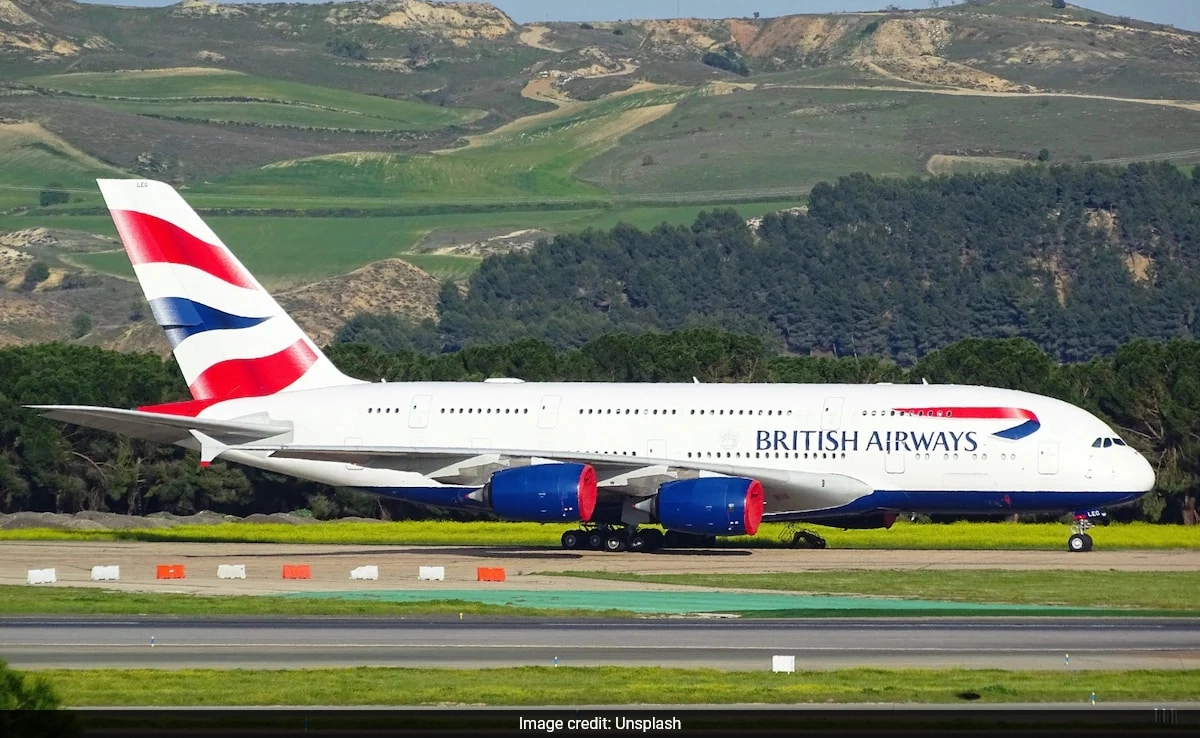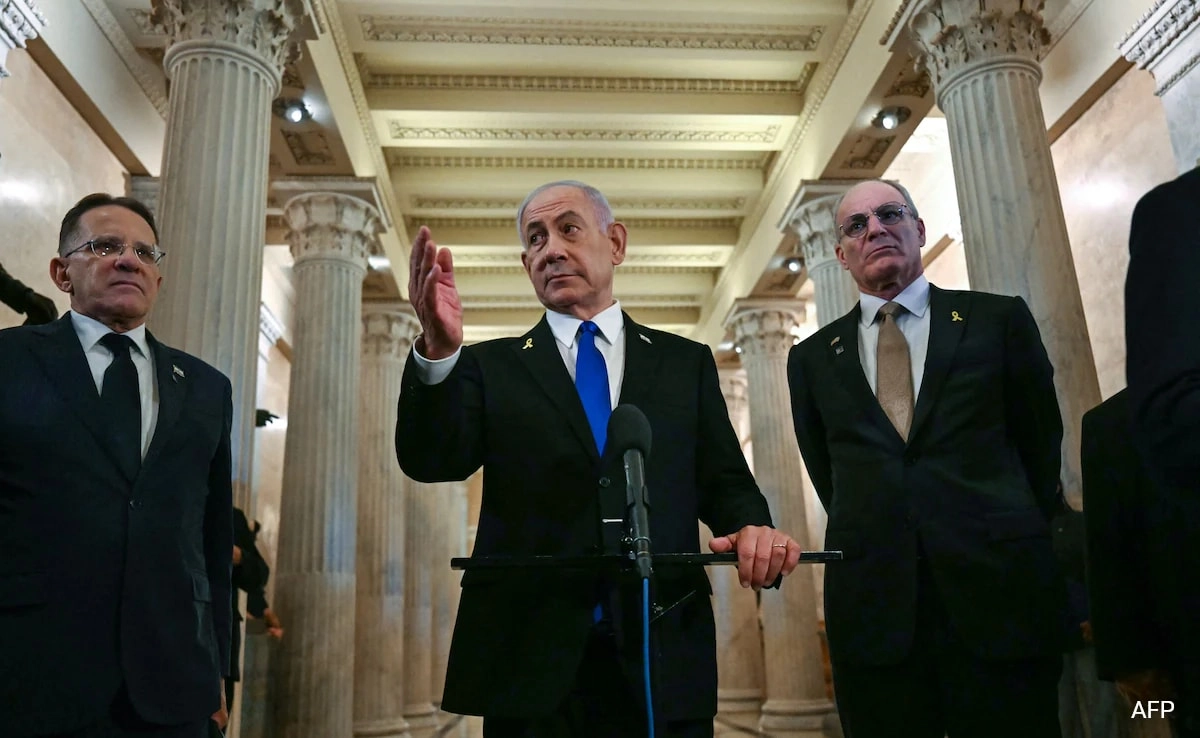In a recent statement, Russian President Vladimir Putin took aim at former U.S. President Donald Trump’s characterization of NATO as a “paper tiger,” a term used to suggest that the alliance lacks real strength or effectiveness. Putin’s remarks come amid heightened tensions between Russia and the West, particularly in light of ongoing conflicts in Ukraine and the Baltic region. By mocking Trump’s statement, Putin seems to imply that such rhetoric underestimates both NATO’s capabilities and its resolve in the face of perceived threats.
Putin’s response reflects a broader strategy of projecting strength and confidence in Russia’s military and political stance. He emphasizes that despite Trump’s dismissive remarks, NATO remains a formidable alliance with significant military resources and strategic alliances. This framing is crucial for Putin as it serves to bolster his narrative of Russia as a strong and resilient power that can withstand external pressures and challenges posed by Western nations. By positioning NATO as a serious concern, rather than a mere “paper tiger,” Putin aims to reinforce the perception of Russia as a key player on the global stage, capable of engaging with, and countering, Western influence.
The tension between NATO and Russia has been a defining feature of international relations in recent years. As NATO continues to expand its presence in Eastern Europe and strengthen its defenses, Putin’s comments may also be seen as a response to the alliance’s perceived encroachment on Russian borders. This dynamic raises important questions about the future of military alliances and geopolitical stability in the region. The interplay between NATO’s strategic initiatives and Russia’s military posturing will undoubtedly shape the narrative of global security in the coming years, as both sides seek to assert their influence and protect their interests.
In the broader context, Putin’s mockery of Trump’s remarks could also signal a desire to undermine the credibility of U.S. leadership on the world stage. By challenging the notion of NATO’s effectiveness, he aims to create doubt among allies and adversaries alike about the unity and resolve of Western nations. This strategy may resonate with certain segments of the global audience who harbor skepticism about NATO’s role in international affairs. Ultimately, Putin’s comments serve as a reminder of the complexities of modern geopolitics, where narratives and perceptions play a crucial role in shaping the actions and reactions of states on the world stage.




